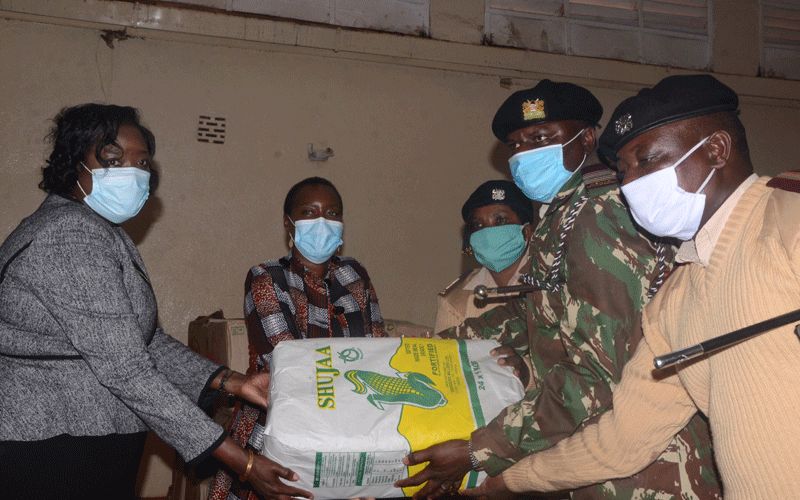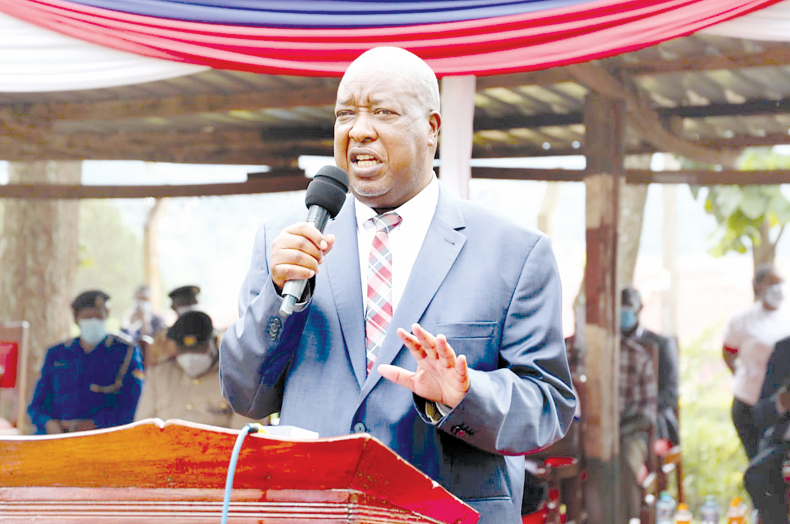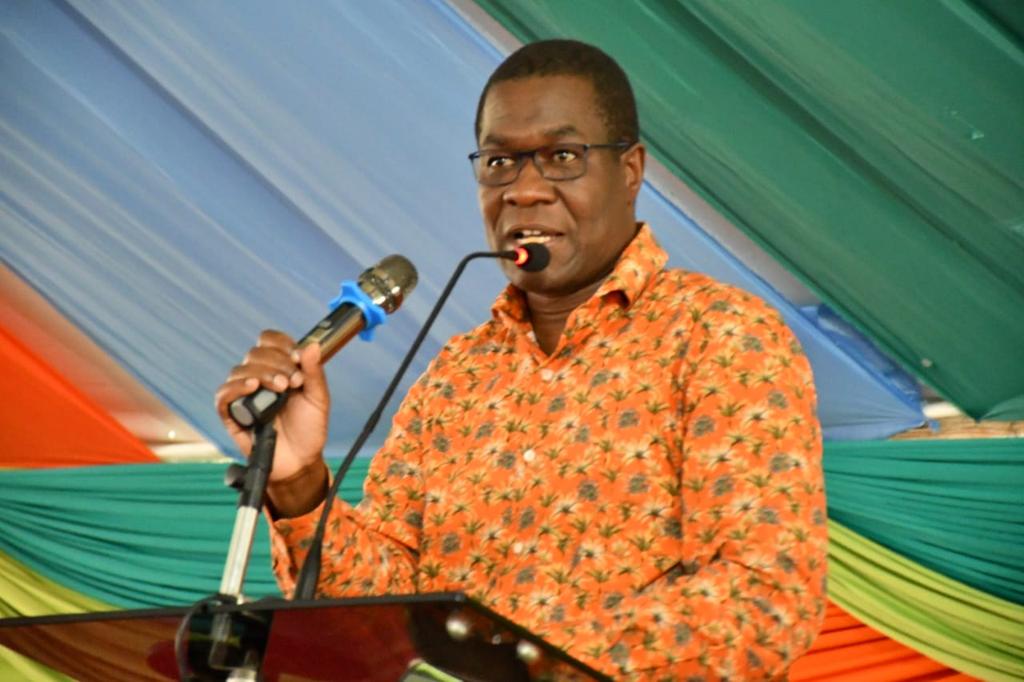The lockdown dilemma Kenya must resolve

Emeka-Mayaka Gekara @PeopleDailyKe
Fears over possible unrest, a spike in crime and shortage of food are some of the reasons the government is reluctant to impose a complete lockdown of the country in the fight against coronavirus.
The People Daily has learned that the government is concerned about the repercussions of a total shutdown of the economy, especially for thousands of families living in slums in big towns, most of whom are low wage earners working in the informal sector.
Some leaders, notably Mombasa Governor Hassan Joho, have called for a total lockdown of the country to stem the increase in Covid-19 cases, with the coastal county emerging as the new epicentre of the virus.
However, economy and security experts have warned that such a move could trigger unrest and lead to increased crime, including domestic violence.
Disrupt businesses
“The major concern in government right now is food. You can see that lockdowns resulted in food riots in Italy, India and South Africa.
We are not sure we are ready to handle such a situation,” said a high level government official familiar with the State’s thinking, but who spoke on condition of anonymity because of the sensitivity of the matter.
“There would be defiance which might lead to business disruption. Reflect on the possibility of lockdown for families in such places as Kibera, Mukuru kwa Njenga in Nairobi or Obunga in Kisumu without a steady supply of food,” said the source.
The government has already rolled out a pilot scheme of food supply to needy families especially in urban centres.
But Noah Wekesa, the chairman on the National Strategic Reserve, has warned of an impending food shortage even as Agriculture minister Peter Munya puts a brave face, saying there is no cause for alarm.
Munya has assured that there will be sufficient food stocks until next month, but experts are raising questions on the situation after the projected period.
“The ministry has indicated that we have enough stocks up to June comprising of what is produced locally and imports.
What will happen after June?” asked Dr Tim Njagi of Egerton University’s Tegemeo Institute.
“We cannot afford a total lockdown because we are net importers of our main food such as maize, wheat and rice.
Major European countries have already banned food exports. Food prices will go up in case international borders are closed,” he cautioned.
Drive economy
Indeed, a virtual meeting of Agriculture ministers from the G20 group of nations painted a grim picture of the food situation and linked the shortage to the pandemic and warned of possible unrest.
“The pandemic and lockdown measures combined with rising unemployment and limited access to food could lead to violence and conflict,” said the meeting.
According to our source, the government was equally concerned that a majority of key businesses, especially in the hospitality, aviation, tourism and agriculture sectors which drive the economy, might take long to recover in case of a total lockdown, resulting in loss of jobs and family incomes.
“Security advisors have warned of a possible surge in crime in poor urban settlements due to friction that could be borne out of loss of incomes,” noted the source.
In a media interview last week, President Uhuru Kenyatta ruled out a national lockdown, saying it could lead to further suffering of Kenyans.
The President also indicated that the government was keen on food security.
“We do not want to go for a total lockdown. We have said that as many people as possible should work from home, but we have allowed those that must go to work to do so. But even then, they must follow the guidelines we have given out,” the President said
“People can still get food from markets; we have given farmers fertilisers to continue planting, and we have listed food transportation as an essential service. Food security remains one of our main focus as a government,” he said.
In his call for a national lockdown, Governor Joho said a total closure of the country is the only way to tame the pandemic.
Most of the Covid-19 cases in the county which is under restricted movement are out of the Kenya Ports Authority.
“The results we are getting from mass testing at KPA are worrying. This is not a joke. This is almost 10 per cent. These people live among us. They interact with us and as a result the virus is spreading,” the governor said.
Avert crisis
“It is time we discussed total lockdown. There are no two ways about it. And I have heard so many stories challenging the idea with most people citing economic challenges as reasons why we should not have a lockdown in Mombasa,” he said.
In his warning, Wekesa, head of national grain reserve, has indicated that the country’s grain reserves were empty.
“We sold our stock of four million bags last year and we have not purchased new stock because the market price is beyond government reach,” Wekesa told the People Daily.
Reeling from the effects of locust invasion, a struggling economy and now the coronavirus crisis which has virtually shut down the country, the situation could even get worse.
“We are in a fix right now with no reserves in our stores. The Ministry of Agriculture must take urgent action to protect Kenyans from starving,” said Wekesa.
But in an interview with People Daily, Agriculture Principal secretary Hamad Boga said a total lockdown wouldn’t mean shutting down of production and distribution of food.
“Food and water must continue to flow even during a lockdown. The food balance sheets for maize, rice and wheat show that we have a positive food balance up to the end of June. Supply of inputs to farmers and distribution of processed food will go on,” said Boga.
His boss, Cabinet Secretary Munya, says the government has authorised importation of four million bags of maize to avert a food crisis as it battles the spread of Covid-19.
According to Munya, the government would import two million bags of white maize for human consumption and a similar amount of yellow maize to be processed as animal feed.
Munya argues there is enough food in Kenya to last several months.
“I would like to assure Kenyans that the government has put in place the necessary mechanisms to avert potential food shortages.
“The national and county governments are working together to ensure agricultural operations continue and that safe food is available, accessible and affordable,” he said.















